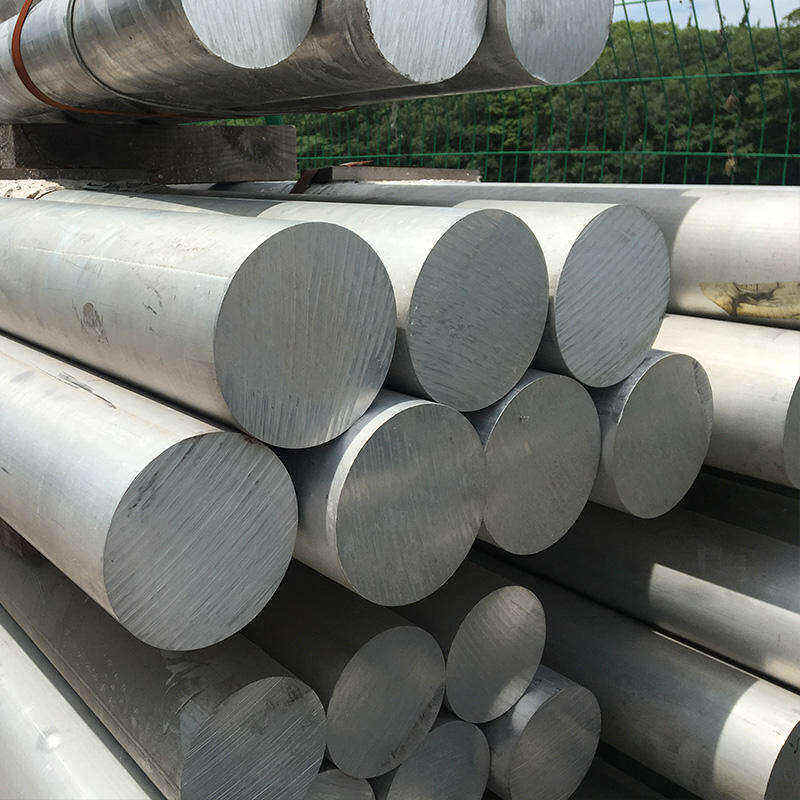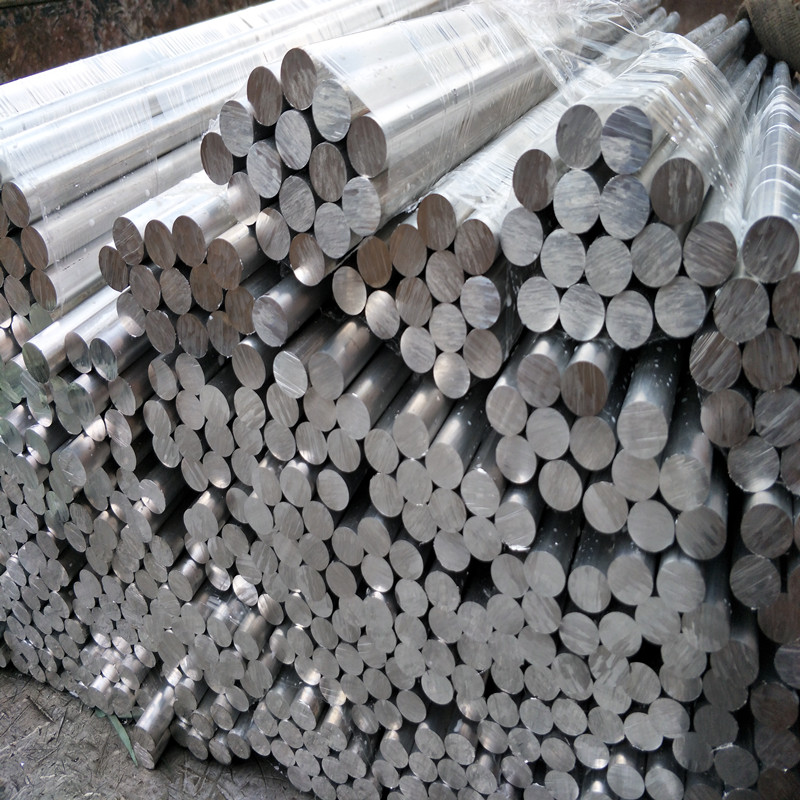Aluminum bars as a solution for modern industrial needs
Aluminum bars are widely recognized for their unique combination of lightweight and high-strength properties. Industries across aerospace, automotive, construction, and manufacturing increasingly rely on aluminum bars to improve efficiency, reduce weight, and maintain structural integrity. The versatility of aluminum bars allows for precision engineering, reliable performance, and long-term durability in demanding applications, making them an essential material for modern industrial solutions.
Lightweight advantages of aluminum bars
Reducing structural weight
One of the main benefits of aluminum bars is their lightweight nature. Replacing heavier materials with aluminum bars reduces overall structural weight, which is critical in applications like vehicles, aircraft, and machinery where weight reduction improves efficiency and energy consumption.
Improved handling and transportation
Aluminum bars are easier to transport and handle compared to steel or other metals. This lightweight characteristic simplifies manufacturing and assembly processes, saving both time and labor costs.
High-strength properties of aluminum bars
Mechanical strength and load-bearing capacity
Aluminum bars provide excellent mechanical strength, making them suitable for applications that require high load-bearing capacity. Despite being lightweight, aluminum bars can withstand significant stress without deformation.
Durability under extreme conditions
High-quality aluminum bars maintain their structural integrity under temperature variations, corrosion, and mechanical stress. This durability ensures consistent performance across various industrial environments.
Aerospace and automotive applications
Fuel efficiency and performance improvement
Aluminum bars contribute to weight reduction in aerospace and automotive industries, enhancing fuel efficiency and overall performance. Components such as frames, panels, and structural supports benefit significantly from aluminum bars.
Safety and reliability
Aluminum bars maintain strength while reducing weight, which can improve safety and handling in vehicles and aircraft. Their corrosion resistance further ensures long-term reliability in critical applications.
Construction and infrastructure uses
Lightweight frameworks and structural components
In construction, aluminum bars are used to create lightweight yet strong frameworks, reducing load on foundations and supporting structures. This allows for innovative architectural designs without compromising safety.
Resistance to environmental damage
Aluminum bars are highly resistant to corrosion, making them ideal for outdoor applications, bridges, and marine-adjacent structures. This durability ensures extended service life and minimal maintenance.

Manufacturing and machinery benefits
Machinability and precision
Aluminum bars are easy to machine, cut, and shape, enabling manufacturers to produce precise components for machinery and equipment. This flexibility supports high-quality production standards.
Reduced wear and operational efficiency
Aluminum bars’ combination of strength and lightweight properties reduces wear on machinery, enhancing operational efficiency and prolonging the lifespan of mechanical components.
Sustainability and energy efficiency
Energy savings through reduced weight
The lightweight property of aluminum bars contributes to energy savings, particularly in transportation and industrial machinery. Lower energy requirements improve sustainability and reduce operational costs.
Long-term material efficiency
Durable aluminum bars reduce the need for frequent replacements, minimizing waste and promoting environmentally responsible practices in industrial operations.
Choosing the right aluminum bars
Material grades and specifications
Selecting the appropriate aluminum bars involves evaluating alloy grades, temper, and dimensions to match the specific strength and weight requirements of each application.
Supplier quality and consistency
Partnering with reliable suppliers ensures consistent quality in aluminum bars, providing assurance of performance, durability, and compliance with industry standards.
FAQ
Why are aluminum bars preferred for lightweight applications
Aluminum bars combine low weight with high strength, making them ideal for industries like aerospace, automotive, and construction where reducing structural weight is critical.
How do aluminum bars improve energy efficiency
By reducing weight in vehicles, machinery, or structural components, aluminum bars lower energy consumption and improve overall operational efficiency.
Are aluminum bars durable under extreme conditions
Yes, aluminum bars maintain strength, resist corrosion, and withstand mechanical stress, ensuring long-term reliability even in harsh environments.
What factors should be considered when selecting aluminum bars
Consider alloy grade, mechanical strength, weight requirements, corrosion resistance, and supplier quality to ensure the aluminum bars meet the specific application needs.
Table of Contents
- Aluminum bars as a solution for modern industrial needs
- Lightweight advantages of aluminum bars
- High-strength properties of aluminum bars
- Aerospace and automotive applications
- Construction and infrastructure uses
- Manufacturing and machinery benefits
- Sustainability and energy efficiency
- Choosing the right aluminum bars
- FAQ




